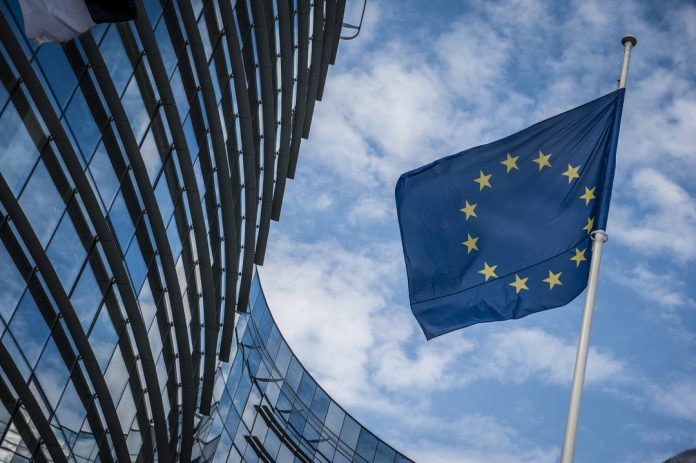BRUSSELS: The 8th meeting of the EU-Pakistan Joint Commission and its Sub-groups on governance and democracy; trade; and development cooperation was held in Brussels from October 9-11, 2017.
The two sides welcomed the continued growth in their broad-based relationship. Noting with appreciation the implementation of the EU-Pakistan 5-year engagement plan (2012-17), the two sides looked forward to further deepening the relationship, including through the Strategic Engagement Plan (SEP).
The Joint Commission exchanged views and reviewed progress in the areas of peace and security, migration, trade, human rights and development cooperation. While noting the progress achieved, the two sides reaffirmed their resolve to enhance the level of mutually beneficial cooperation.
The EU side reaffirmed its strong support for democratic institutions, electoral reforms, including the new electoral reforms bill, rule of law, human rights, economic development and poverty reduction in Pakistan, in accordance with the national plans and priorities.
The two sides welcomed the forthcoming dialogues on disarmament and non-proliferation as well as counter-terrorism in Islamabad in November 2017 and in this regard, agreed to continue cooperation in these areas.
Both sides welcomed the decision to intensify cooperation in the field of renewable energy and energy efficiency, recalling this as an outcome of the recommendations of the first EU-Pakistan energy meeting held in Brussels in January 2017.
The ongoing work to finalise the EU’s Generalised System of Preferences (GSP+) assessment of progress made by Pakistan in implementing its GSP+ commitments was also discussed. Both sides took note of the important impact that GSP+ trade preferences have on bilateral trade and employment in Pakistan.
The EU welcomed the implementation of European Union Readmission Agreement (EURA) with Pakistan and underlined the importance for pursuing and enhancing these efforts. Pakistan agreed to strengthen cooperation and exchange of information on migration issues. The EU recognised the challenges faced by Pakistan in hosting the second largest concentration of refugees. The Pakistan side underscored the need for sustained international assistance for the voluntary return of Afghan refugees in safety and dignity.
Cooperation in science and technology, higher education as well as in the field of culture was also discussed. The two sides agreed to explore opportunities for further cooperation in these areas.
The Pakistan side discussed the recent developments in the region and raised the deteriorating human rights situation in Kashmir. Noting these developments with concern, the EU side underlined the need for resolving disputes through dialogue and constructive engagement.
The meeting was co-chaired on the EU side by Asia Pacific in the European External Action Service Deputy Managing Director Paola Pampaloni and on the Pakistan side by Ministry of Finance Secretary Economic Affairs Division Arif Ahmed Khan. The representatives of the ministries of foreign affairs, human rights and commerce also participated in the meeting.
The next meeting of the joint commission will be held in Islamabad in 2018.
On the sidelines, the two sides discussed the elements for a new EU-Pakistan SEP and exchanged views on the convening of the third EU-Pakistan summit.
It was agreed that the EU-Pakistan strategic dialogue would be held in the near future. In preparation for this meeting, it was further agreed that the next political dialogue would be held in Islamabad.




